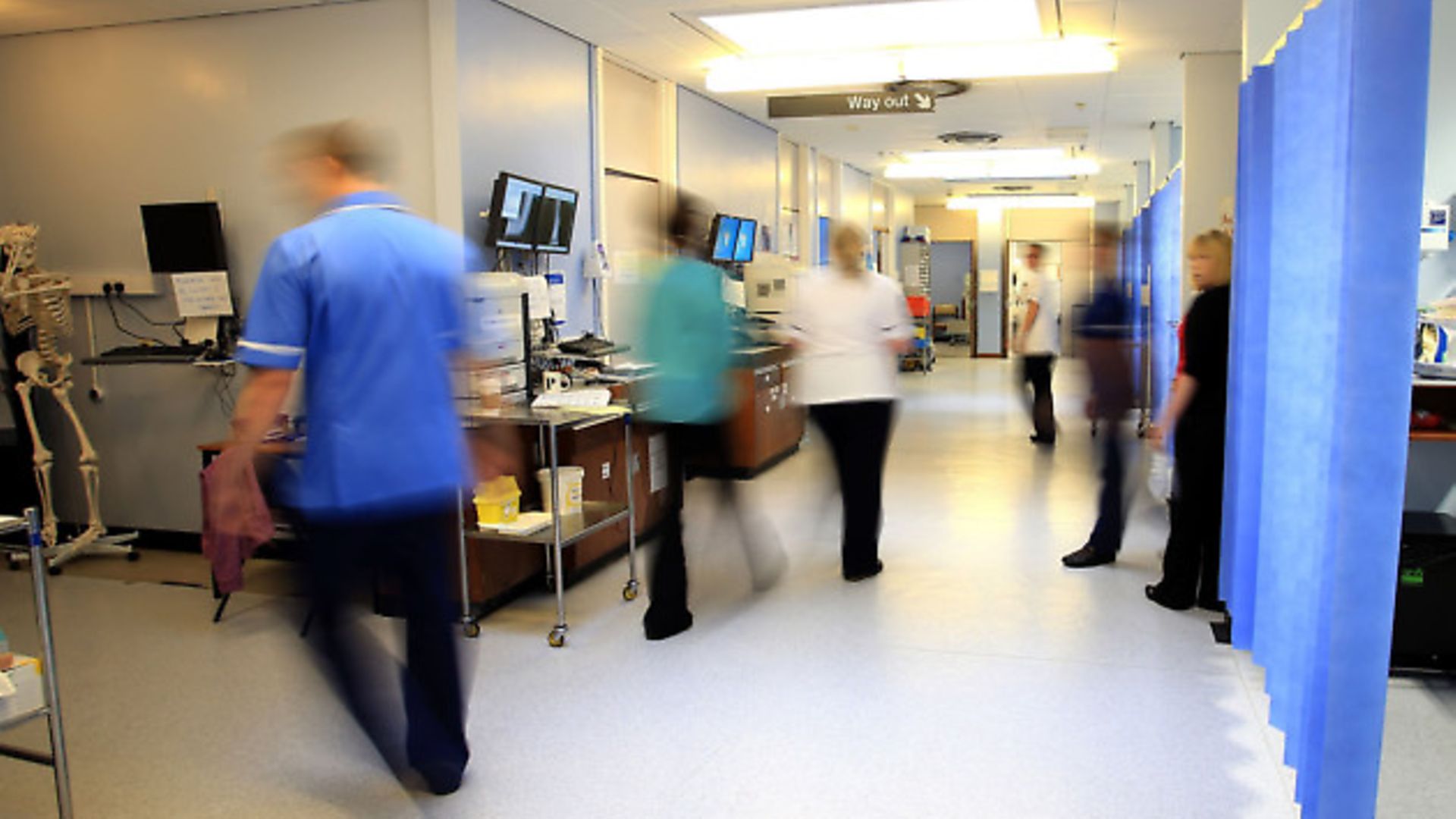
Four in 10 European doctors are considering quitting Britain following the Brexit vote in a move that would ‘cripple’ the NHS.
The figure comes from a British Medical Association (BMA) survey, which found that 42% are considering leaving the UK, with a further 23% still unsure.
The BMA warned it could spell ‘disaster’ as the NHS was already facing ‘crippling staff shortages’.
About 10,000 doctors who work in the NHS – 6.6% of the UK medical workforce – qualified in Europe.
The doctors’ union polled 1,193 doctors from the European Economic Area (EEA) who are working in the UK.
It found that they felt ‘less committed’ to working in the UK following the referendum.
They also felt less appreciated by the Government following the result.
The BMA said that recruiting from Europe had been vital in dealing with staff shortages in the health service.
Dr Mark Porter, chairman of council at the BMA, said: ‘While thousands of overseas and EU doctors work across the UK to provide the best possible care for patients, many from the EU are left feeling unwelcome and uncertain about whether they and their families will have the right to live and work in the UK after Brexit.
‘These are the people who staff our hospitals and GP surgeries, look after vulnerable patients in the community and conduct vital medical research to help save lives.
‘Many have dedicated years of service to healthcare in the UK, so it’s extremely concerning that so many are considering leaving.
‘At a time when the NHS is already at breaking point and facing crippling staff shortages, this would be a disaster and threaten the delivery of high-quality patient care.
‘But this isn’t just about numbers. The quality of patient care is improved where doctors have diverse experiences and expertise.
‘The government must act now to ensure long-term stability across the healthcare system by providing certainty to medical professionals from the EU about their future in the UK.
‘It must also ensure that a future immigration system allows the NHS to continue employing EU and overseas doctors to fill staff shortages in the health service.’
West Sussex GP Dr Birgit Woolley, originally from Germany, has worked in the UK for two decades.
‘Since the result of the EU referendum I feel increasingly uncertain about my future here, and am considering returning to Germany,’ she said.
‘It is unsettling that in a country that I have contributed to for 20 years and consider home, I am now seen as a foreigner and have to prove that I deserve to live and work here.
‘I feel supported by my patients, with even those that voted leave telling me, ‘You can stay because you’re a doctor. We like you. We didn’t mean you.’
‘But the reality is that the government does not appreciate what EU nationals like me have contributed to the UK and only sees us as bargaining chips.’
Latest figures from NHS Digital workforce statistics, from September last year, show that 59,796 NHS staff in England come from the European Union, including 10,267 doctors.
Commenting on the survey, Professor Jane Dacre, president of the Royal College of Physicians, said: ‘The Government, the NHS and the public need to value and support all NHS staff, wherever they are from.
‘Currently a quarter of NHS doctors are from overseas, and the NHS has benefited from their talents, abilities and commitment to working with us in the UK – we must continue to support them, despite the insecurity caused by the Brexit situation.
‘Diseases know no country borders, and medicine is an international profession, with global co-operation in research, drug development, standards of patient care, and free movement of doctors around the world.
‘This model has served the UK and the NHS well for decades – moving away from that model is a major risk to the success of the NHS.’
A Department of Health spokeswoman said: ‘As the Government has repeatedly made clear, overseas workers form a crucial part of our NHS and we value their contribution immensely.
‘We want to see the outstanding work of doctors and nurses who are already trained overseas continue, but at the same time we have been very clear that we want to give more domestic students the chance to be doctors, given the enduring popularity of this as a career.’








